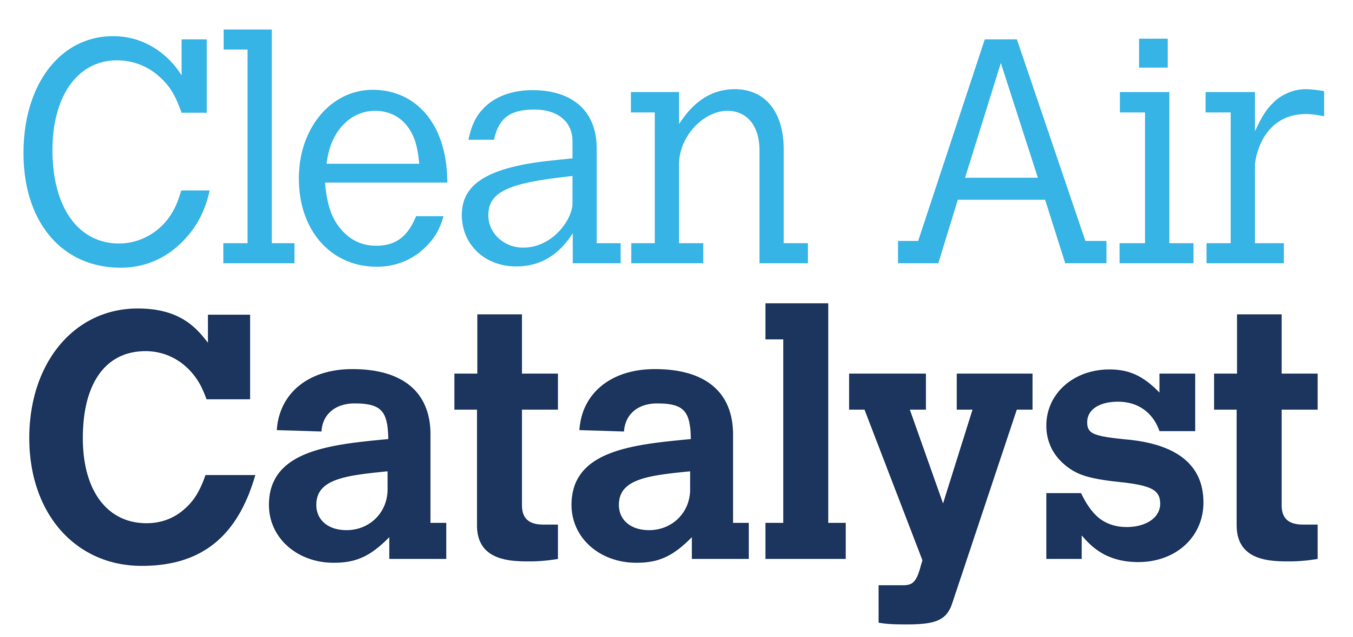Salute to ASHAs for their crucial role in “Clean Air, Clean Indore” Campaign
By Sudhir Gore, March 7, 2023
INDORE, MARCH 7: ASHA (Accredited Social Health Activist) Bhumika Deshraj, along with members of Nirogi Mahila Arogya Samiti (Women’s Health Society), recently visited a chocolate maker in Juni (Old) Indore to explain that the smoke and stench of his factory was causing problems for people in the community. The factory owner acknowledged the pollution and assured the Mahila Arogya Samiti to use Liquified Petroleum Gas (LPG) cylinders to reduce the smoke.
Thanks to the efforts of Bhumika and her colleagues, the factory workers and people in the surrounding area can now breathe easier. Bhumika says she was able to convince the owner by sharing information on what was causing air pollution in the area and how it was impacting people’s health. “There was a lack of understanding, so the factory owner did not pay attention to the emissions at first, but after persuasion, he agreed to reduce the smoke and smell.”
Like Bhumika, a large group of ASHAs in Indore are now advocating for “clean air, clean Indore” with the help of members of Mahila Arogya Samitis of their respective areas. After participating in a training organized by Vital Strategies on behalf of the US Agency for International Development (USAID)-supported programs Clean Air Catalyst and Cleaner Air and Better Health, ASHAs have started raising awareness about the causes and impacts of air pollution, as well as promoting preventive measures to reduce exposure to harmful pollutants.
The ASHAs provide education to help individuals and families adopt practices such as reducing the use of fossil fuels, using cleaner cookstoves, and practicing sustainable transportation habits. Recognizing their contribution, Indore Mayor Pushyamitra Bhargav said, "It is with the help of ASHAs, not only in Indore, but all over our state, that we have been able to implement so many new community welfare programs. It is significant that these sisters have learnt to make the public aware about clean air." According to Hisham Mundol, chief advisor, India for the Environmental Defense Fund, "We don't say too much to thank the ASHAs but their contribution to the society is huge. The work they do from morning to evening is amazing.”
ASHA Lalita Yadav has convinced her neighborhood to change the way they dispose of household waste. According to Lalita, “Now people fill the bins, instead of burning their garbage. The Municipal Corporation's vehicle is also coming to our area to collect the garbage on time.” ASHA Sheetal Chand Rawat highlights the problem of using dirty fuels like charcoal and wood to heat homes in cold weather. “Some people in slums are very poor and cannot afford gas cylinders, so they make ends meet by burning wood or something else,” said Sheetal. But Neha Verma, ASHA of Unnati Mahila Arogya Samiti, encourages people to use heaters to avoid the long-term costs to their health. “Some electricity is burnt, but this expenditure is less compared to the cost of treating the disease,” she notes. Children below five years of age and pregnant women suffer a lot from the smoke.”
According to Azra Khan, program manager, World Resource Institute, “Studies have shown that for households dependent on solid fuels for heating and cooking, they often lack proper ventilation. In those households, the inside air could be five times more polluted than outside air. As women and children spend most of their time indoors, they are at greater risk of exposures to pollution. The risk is much higher among women and children from low-income communities.”
During the COVID-19 pandemic, ASHAs in Indore played a critical role in containing the spread of the virus. They were at the forefront of contact tracing and screening, and they also provided support to patients and their families. ASHA Barkha Sonvare worked tirelessly day and night during COVID-19 period when people were getting oxygen with great difficulty during the pandemic. That is why she is doing all she can to advocate for cleaning up air pollution now. Barkha said, “Clean air is crucial for our lives. When we breathe, we should know how clean the air is.”
About Clean Air Catalyst:
Clean Air Catalyst (Catalyst) is a global partnership supported by the U.S. Agency for International Development, led by World Resources Institute and Environmental Defense Fund, Inc. Launched in 2020, it is focused on building capacity for locally tailored solutions that curb air pollution, tackle climate change, and improve human health. Other Catalyst partner organizations are Columbia Climate School Clean Air Toolbox for Cities, Climate and Clean Air Coalition, Internews, MAP-AQ, Open AQ and Vital Strategies. The Catalyst has projects on the ground in Indore, India; Jakarta, Indonesia; and Nairobi, Kenya.
About Cleaner Air and Better Health
The Cleaner Air and Better Health (CABH) initiative is aimed at improving air pollution mitigation and reducing air pollution exposure in selected Indian geographies. The initiative is funded by the USAID and is being implemented collectively by the Council on Energy, Environment and Water (CEEW), in collaboration with Enviro Legal Defence Fund (ELDF), Environmental Design Solutions (EDS), ASAR, and Vital Strategies (VS).

